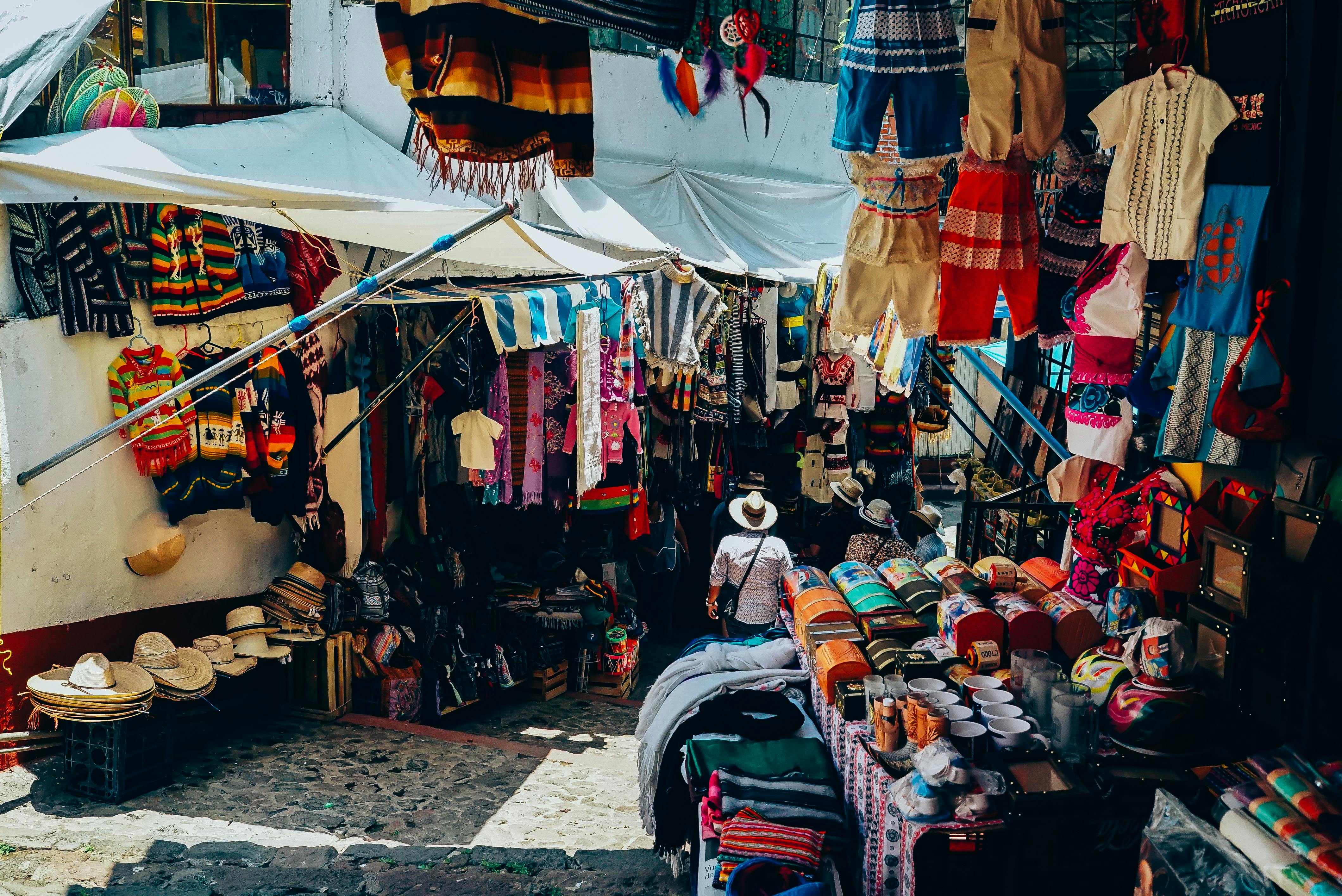Economic basis for international trade!
Trade is the exchange of goods and services. International trade represents commercial transactions that take place worldwide and is fundamentally different from internal trade. International trade requires large investments, a network of franchisees and competent people to run the show. Many corporate giants are trying to capture the Asian markets, especially the Indian market, which has become the industrial hub of such economic activities. Economic liberalization has been the focus of many developing countries for the last two decades and this has allowed multinational companies with huge investment potential to enrich weaker economies.
International trade tries to generate more foreign exchange, which is always good for the economy. Say, if a country has rich oil resources, it will naturally try to sell the surplus to countries that are not endowed with such natural resources. That is why the nations of the Middle East are prosperous and economically independent. The diversity of productive possibilities in the different countries is due to the presence of limited natural resources. When a country gains a head start in a particular product, it can become the high-volume, low-cost producer. Economies of scale give it a significant advantage over other countries, which find it cheaper to buy from the major producers than to make the product themselves.
Each nation should try to specialize in the production and export of those products, which are available in abundance, and should import those products in whose production it is resource deficient. It should be remembered that there are severe man-made barriers in international trade, such as export duties, quotas, exchange restrictions, etc., that hinder the free movement of products. However, it is also not possible for a country to produce all kinds of products internally. Despite all these limiting factors, global trade is thriving, thanks to advanced technological aspects introduced in communications and faster means of transportation. Distance is no longer a limitation and the world has become a small global village.
All domestic transactions, say in a country like India, are done in rupees, which is the legal tender in the country. However, in its trade with other countries such as the US, Germany, Japan, France, and Great Britain, payments must be made in terms of dollars, marks, yen, francs, and pounds sterling, respectively. The mechanism through which payments are made between two countries that have different monetary systems is called foreign exchange. It can also be defined as the exchange of money or credit in one country for money or credit in another.
Exchange rates can affect relative prices and net exports. A rise in a nation’s foreign exchange will depress that nation’s net exports and output, while a fall in the exchange rate will increase net exports and output. Due to the significant impact of exchange rates on national economies, countries have entered into agreements on international monetary agreements.
